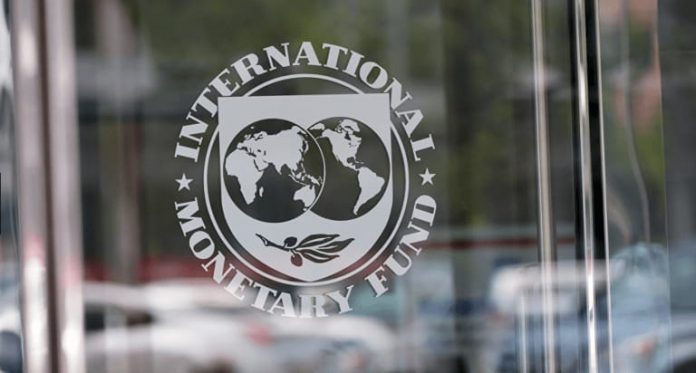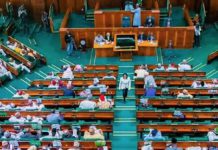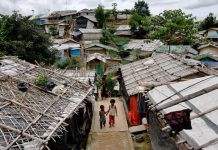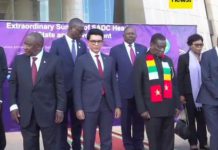The International Monetary Fund (IMF) advised the Nigerian government to completely remove fuel and electricity subsidies in early 2022.
The Washington-based organisation said that the removal of “retrogressive” fuel and electricity subsidies should be considered a priority as part of the government’s fiscal policy.
In its preliminary findings at the end of its official staff visit to the country under the Article IV Mission, IMF also called for reforms in the fiscal, exchange rate, trade and governance aspects of Nigeria.
“There are significant downside risks to the near-term fiscal outlook from the ongoing pandemic, weak security situation and spending pressures associated with the electoral cycle.
“Over the medium term, without bold revenue mobilization efforts, fiscal deficits are projected to stay elevated above the pre-pandemic levels with public debt increasing to 43 percent in 2026. General government interest payments are expected to remain high as a share of revenues making the fiscal position highly vulnerable to real interest rate shocks and dependent on central bank financing,” IMF posited.
“The complete removal of regressive fuel and electricity subsidies is a near-term priority, combined with adequate compensatory measures for the poor. The mission stressed the need to fully remove fuel subsidies and move to a market-based pricing mechanism in early 2022 as stipulated in the 2021 Petroleum Industry Act. In addition, the implementation of cost-reflective electricity tariffs as of January 2022 should not be delayed. Well-targeted social assistance will be needed to cushion any negative impacts on the poor particularly in light of still elevated inflation.”
The IMF stated that Nigeria’s past experiences with fuel subsidy removal, which have all been short-lived and reversed, underscore the importance of building a consensus and improving public trust regarding the protection of the poor and efficient and transparent use of the saved resources.
“As the recovery gains strength and compliance improves, Nigeria will have to adopt tax rates comparable to its peers in the Economic Community of West African States (ECOWAS) to raise revenues to levels targeted in the 2021-25 National Development Plan,” the IMF noted.
“The cumulative net savings from the recommended measures, after making room for additional social assistance to cushion impacts of reforms, could amount to 5.1 percent of GDP over 2022-26.
“Such a consolidation would keep public debt below 40 percent of GDP and reduce dependence on central bank financing of the deficit.”












